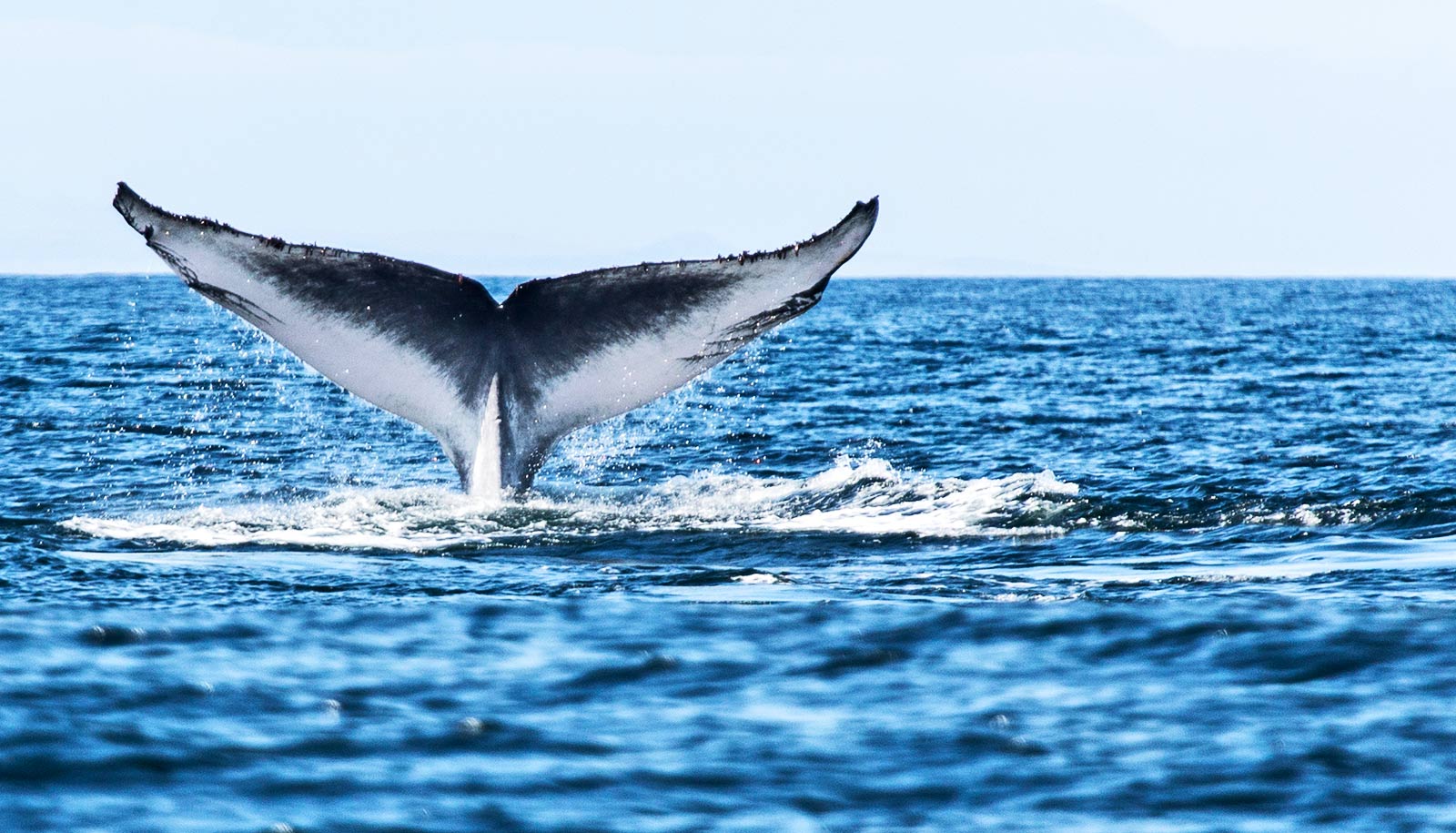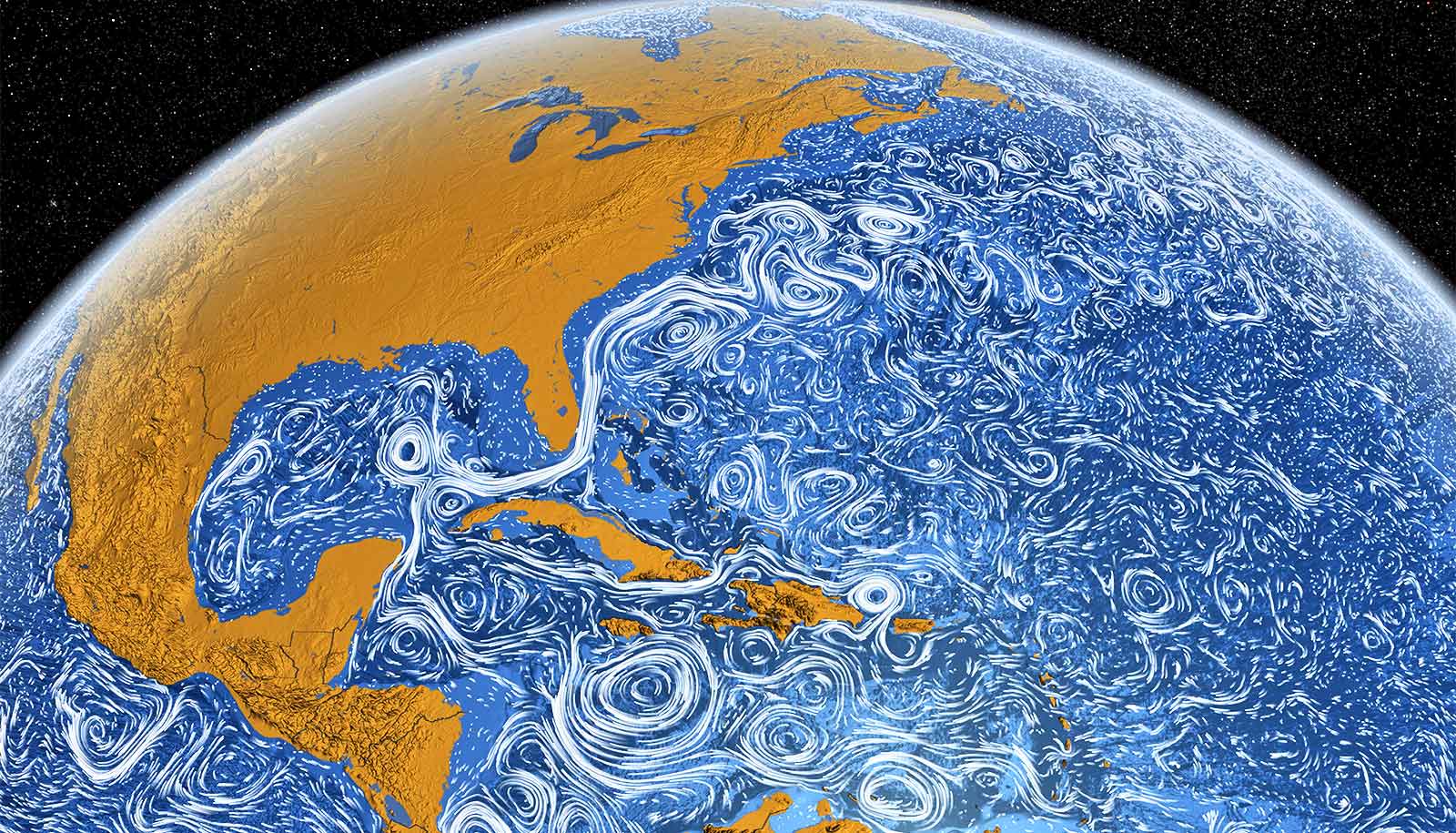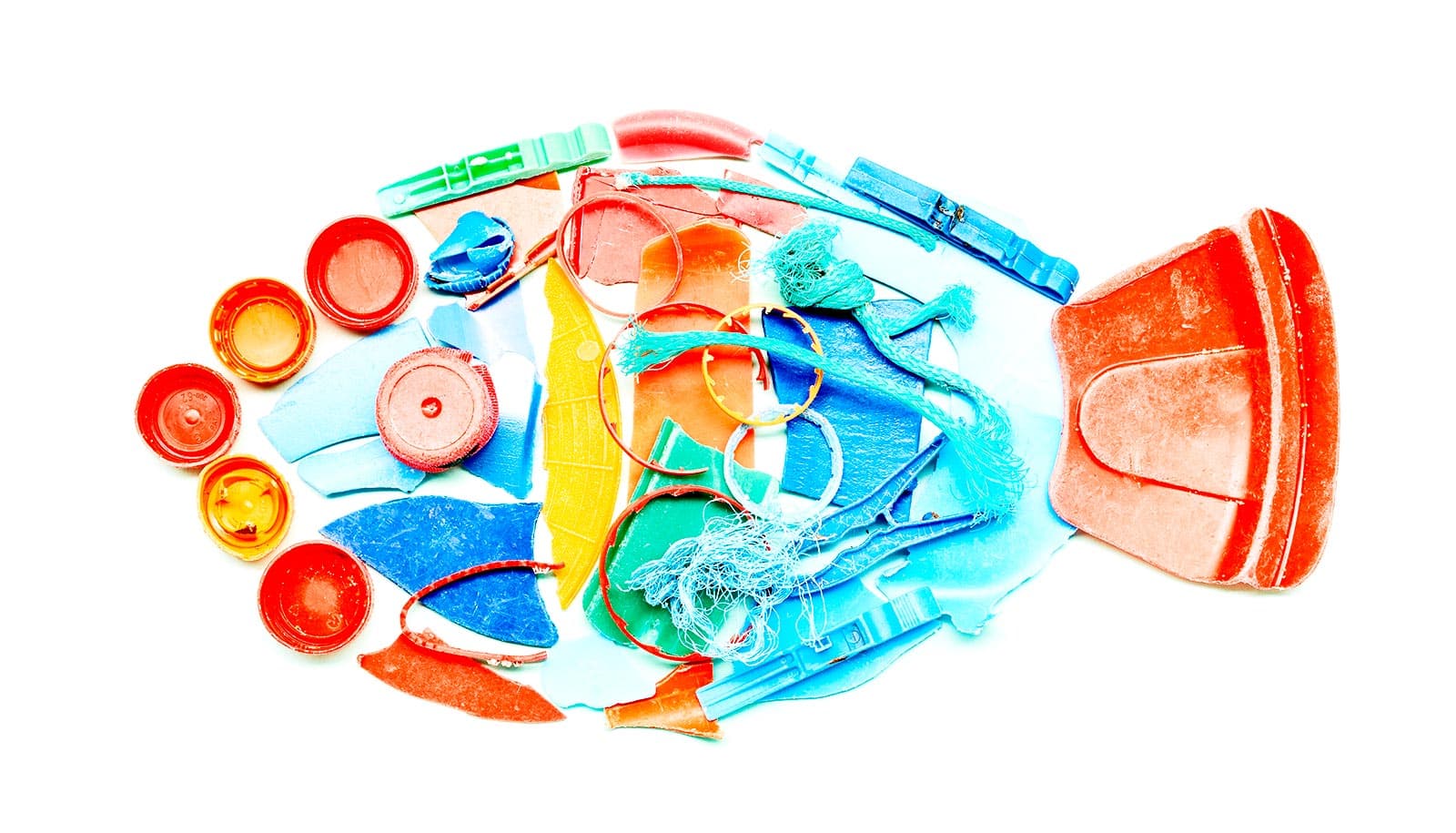Two of the most abundant types of microorganism in the oceans—phototrophic and heterotrophic bacteria—collaborate rather than compete, new research suggests.
The finding contradicts the popular scientific belief that these bacteria compete over the scarce nutrients found in seawater.
Phototrophic bacteria use light to “fix” carbon dioxide from the air, and convert this into organic matter—which leaks out, and is consumed by heterotrophs that release nutrients back to the ecosystem. This allows the phototrophic bacteria to continue to do their job: photosynthesize and fix more carbon.
This interaction keeps the level of nutrients in the ocean balanced and keeps a healthy base that ultimately sustains the entire marine food web. Half of the planet’s primary production and half of the oxygen we breathe rely on this system to work efficiently. The speed at which these nutrients circulate will define the rate at which the oceans will continue to buffer against carbon dioxide in the atmosphere, a major greenhouse gas.
Earth may be home to 1 trillion species of microbes
The researchers observed this interaction by growing pure cultures of each bacteria in the laboratory, and putting them together in natural seawater and doing nutrient and molecular analyses over a long timeframe.
Surprisingly, both microorganisms reached a stable state in which the phototrophic and heterotrophic bacteria were mutually benefiting each other—with the phototrophs consuming inorganic nutrients and light to fix carbon, and the heterotrophs using the leaked organic carbon as a source of carbon and energy and returning inorganic nutrients to the phototroph.
“A deeper understanding of these essential processes which keep the ocean’s ‘engine’ running will help improve how we look after our waters—and will allow us to better predict how oceans will react in the future to a changing climate with increasing levels of carbon dioxide in the atmosphere,” comments David Scanlan, professor in marine microbiology in the University of Warwick School of Life Sciences.
“Here we give experimental evidence of a basic concept in ecology, where nutrients need to circulate to maintain a stable ecosystem, like money in the economy! If one of the partners takes too much and doesn’t give back, he himself will suffer the consequences in the long term. The system will self-regulate and always reach a stable state,” adds collaborator Joseph Christie-Oleza.
The research appears in Nature Microbiology.
Source: University of Warwick



